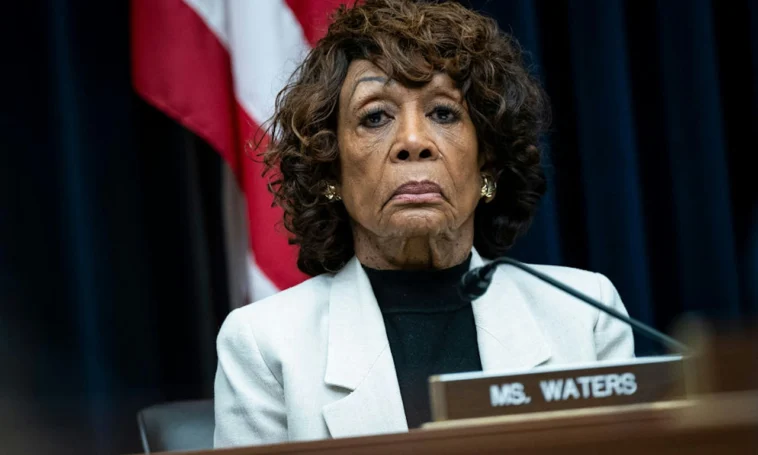Maxine Waters Calls for DOJ Investigation into Trump Supporters for Potential Civil War Activities. Representative Maxine Waters (D-CA) has sparked controversy by labeling supporters of former President Donald Trump as “domestic terrorists” and suggesting they may be plotting a civil war. In an MSNBC interview, Waters expressed concern over Trump’s rhetoric, which she deemed “dangerous” and “divisive.” She also criticized Trump for his alleged admiration of foreign leaders, implying that he disrespects democracy and the Constitution.
Waters’ comments have drawn criticism from some quarters, with some accusing her of hypocrisy and inciting violence. In 2018, Waters faced backlash for encouraging Americans to harass Trump’s Cabinet members in public places. Her latest remarks have reignited debates about political polarization, free speech, and the limits of political discourse.
“I’m worried that he’s so divisive and that he’s talking about retribution, and they’re talking about revenge and I think that that’s dangerous. He’s even mentioned civil war at one point, talked about there would be bloodshed,” Waters said.
The California Democrat’s comments come amid a heated political climate, with tensions simmering between Trump supporters and detractors. Waters’ language has been criticized by some as inflammatory and unhelpful, potentially exacerbating the divide. Others, however, share her concerns about Trump’s rhetoric and its potential consequences.
Waters’ remarks also raise questions about the definition and application of the term “domestic terrorist.” While some argue that Trump’s supporters pose a legitimate threat, others see the label as a political tool used to silence opposing views.
The congresswoman’s comments have sparked a wider conversation about the role of political rhetoric in shaping public discourse. Some argue that Waters’ language is a justified response to Trump’s divisive speech, while others see it as a dangerous escalation.
As the political landscape continues to polarize, the need for constructive dialogue and civil discourse grows more pressing. Waters’ comments, while controversial, highlight the deepening divisions in American politics and the need for leaders to engage in respectful and constructive debate.
In the face of mounting criticism, Waters remains unapologetic, reiterating her concerns about Trump’s influence and the potential for violence. Her stance has drawn support from some quarters, with many sharing her fears about the former president’s rhetoric.
The controversy surrounding Waters’ comments underscores the challenges of navigating political differences in a highly polarized environment. As the nation grapples with issues of free speech, political violence, and democratic values, the need for respectful dialogue and open communication becomes increasingly clear.
In the end, Waters’ remarks serve as a reminder of the power of language in shaping public discourse. As political leaders, it is crucial to recognize the impact of our words and to engage in constructive dialogue, even in the face of disagreement. By doing so, we can work towards a more inclusive and respectful political culture, where diverse perspectives are valued and constructive debate is encouraged.




Join the Community and Be a Part of the Conversation
You must be logged in or registered to post a comment.